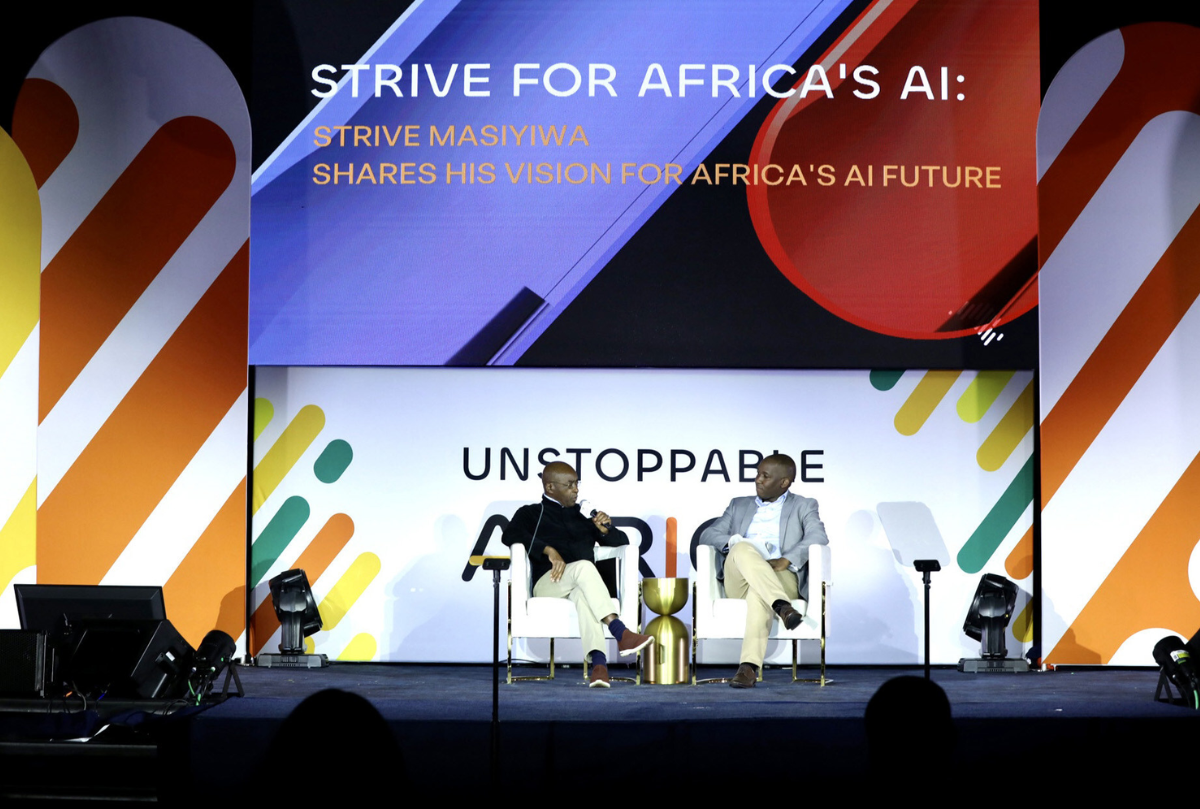Category: Key developments
-

African Union Pledges $100 Million to Transform Agrifood Systems Across Africa by 2035
The African Union (AU) has pledged to mobilize $100 million in public and private investment to overhaul and strengthen Africa’s agrifood systems by 2035.
-

Africa50 Names Sérgio Pimenta CEO of its $275 Million Infrastructure Acceleration Fund
Africa50, the leading pan-African infrastructure investor and multi-vehicle asset manager, has announced the appointment of Sérgio Pimenta as Chief Executive Officer of its Infrastructure Acceleration Fund (IAF).
-

Smile ID Expands Mastercard Partnership to Drive Secure Digital Identity Across Africa
Nigerian identity verification firm Smile ID has deepened its alliance with Mastercard in a move poised to hasten the deployment of secure digital identity systems across Africa.
-

Norfund and KLP Commit $86 Million to Launch Major Renewable Energy Platform in South Africa
Norfund’s Climate Investment Fund, together with the country’s largest pension company KLP, will commit NOK 850 million (approximately USD 86 million) to establish a new renewable energy vehicle in South Africa called Anthem.
-

Econet Founder Strive Masiyiwa Unveils $720M Plan to Build Africa’s First AI Factory Network by 2026
At the Unstoppable Africa 2025 forum, held alongside the 80th United Nations General Assembly, Zimbabwean tycoon Strive Masiyiwa, founder of Econet Global and Cassava Technologies, announced an ambitious plan to build Africa’s first pan-continental network of AI factories.
-

Alami Capital Unveils The LaunchPad to Transform Funding for Women Entrepreneurs in Africa
Alami Capital has taken a bold step toward rewriting the future of women in business with the launch of The LaunchPad, a new venture-building platform unveiled at GITEX Nigeria in Lagos.
-

What is The True Size of Africa?
Africa is far larger than most maps suggest. From landmass to population, the continent’s true scale has been hidden in plain sight.
-

Africa Women Innovation & Entrepreneurship Forum Announces 2025 Awards Finalists
The Africa Women Innovation & Entrepreneurship Forum (AWIEF) has unveiled its list of finalists for the 2025 AWIEF Awards, recognising African women entrepreneurs and business leaders whose work is advancing innovation, equality, and sustainable growth across the continent.
-

Acumen Unveils $90 Million KawiSafi Fund II to Scale Climate Innovation Across Africa
Acumen, the global impact investment firm, has introduced its second iteration of the KawiSafi fund, a private-sector investment vehicle dedicated to scaling climate-focused solutions throughout the African continent.